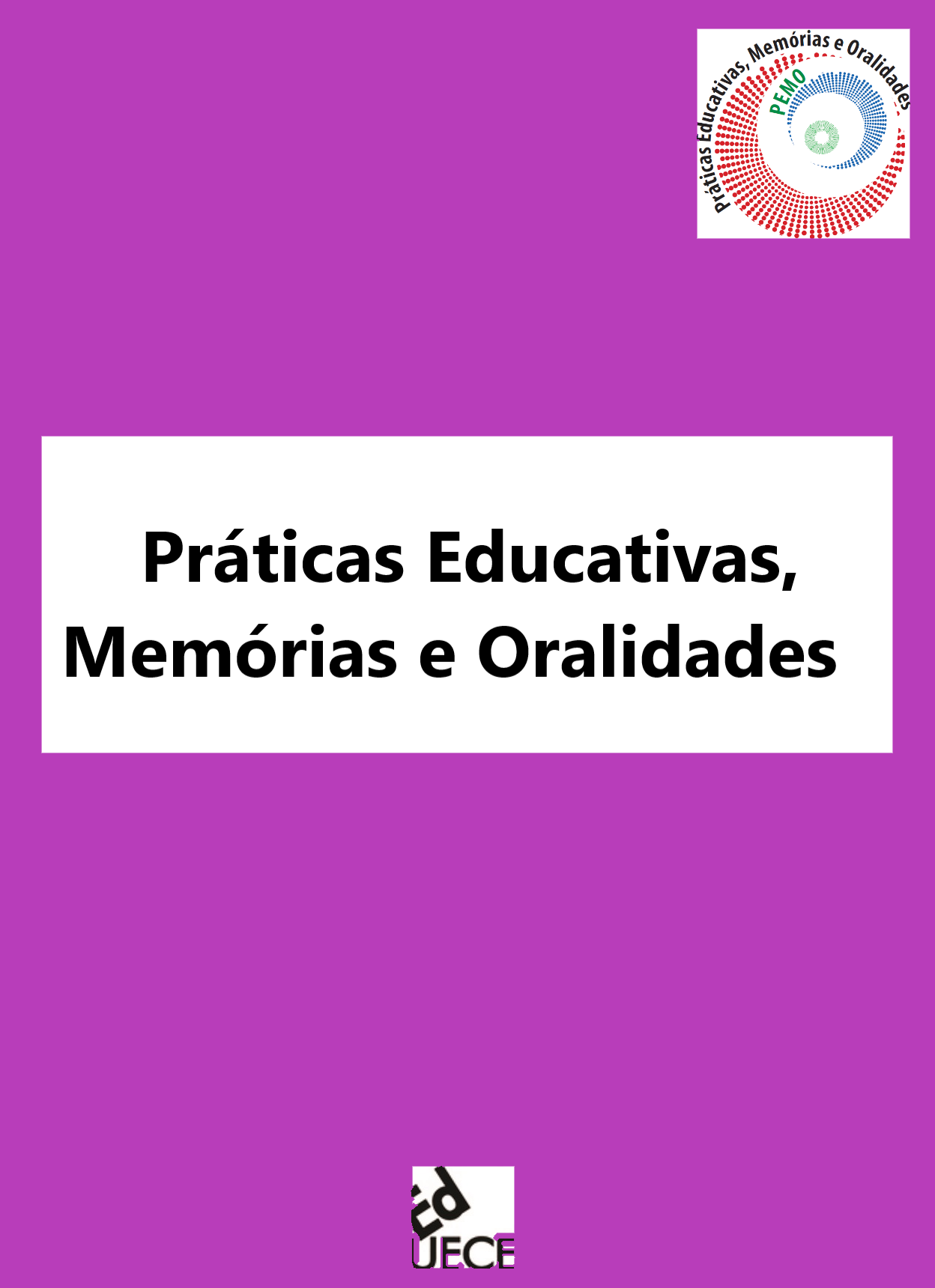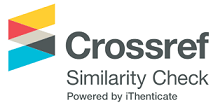The teaching-learning process: challenges in times of social isolation
DOI:
https://doi.org/10.47149/pemo.v3i3.4992Keywords:
Covid-19, Remote Teaching, Pedagogical PracticeAbstract
The Covid-19 pandemic caused not only a global health crisis, but also strongly impacted various developments in society. In education, thousands of students were removed from school, and remote education was the alternative for continuing their studies. This work aims to report the methodological resources used during the period of social isolation in the new imposed format of remote classes. Through online classes, a dialogue was established between school and non-school discourse, virtual classes were discovered as an educational space, a great challenge for everyone involved, but mainly teachers and students. This work allows us to perceive, feel and understand how remote teaching can be useful for the critical reflection that permeates the field of pedagogical practice. It is hoped that they can be understood to integrate them in the school environment, as an aid to a reflection on the condition of the student as a reader of information and knowledge that this means allows.
Downloads
References
ABIB, G., HOPPEN, N. & HAYASHI JUNIOR, P. Observação participante em estudos de administração da informação no Brasil. Revista de Administração de Empresas, v. 53, n.6, 2013.
BELO, P. A. de P., OLIVEIRA, R. M. de, & SILVA, R. C. da. Reflexos da relação professor-aluno para a aprendizagem no contexto formal de ensino. Práticas Educativas, Memórias e Oralidades - Rev. Pemo, v. 3, n.2, e323880, 2021. Disponível em: https://doi.org/10.47149/pemo.v3i2.3880
BEZERRA, N. P. X., VELOSO, A. P., & RIBEIRO, E. (2021). Ressignificando a prática docente: Experiências em tempos de pandemia. Práticas Educativas, Memórias e Oralidades - Rev. Pemo, v. 3, n.2, 323917. Disponível em: https://doi.org/10.47149/pemo.v2i3.3917
BLASZKO, C. E., CLARO, A. L. DE A., & UJIIE, N. T. A contribuição das metodologias ativas para a prática pedagógica dos professores universitários. Educação & Formação, v.6, n.2, e3908, 2021. Disponível em: https://doi.org/10.25053/redufor.v6i2.3908
BRASIL, Ministério da Educação. Novas Diretrizes reforçam uso da tecnologia nos processos de aprendizagem. Portal do Mec Educação Conectada, 2021. Disponível em: http://educacaoconectada.mec.gov.br/todas-noticias/219-novas-diretrizes-reforcam-uso-da-tecnologia-nos-processos-de-aprendizagem.
CORTELLA, M. S. Educação, escola e docência. São Paulo: Cortez, 2014
DIAS JÚNIOR, M. V.; Mercado, L. P. L. Ações docentes nos Ambientes Virtuais de Aprendizagem proporcionadas pelas ferramentas de Learning Analytics. Revista Iberoamericana de Educación, v. 80, n. 1, pp. 117-137, 2019.
FREIRE, P. Pedagogia da autonomia: saberes necessários à prática educativa. Rio de Janeiro: Paz e Terra, 2007.
FREIRE, P. Educação como prática da liberdade. Rio de Janeiro: Paz e Terra, 2009.
MASSETO, M. T. Competência pedagógica do professor universitário. São Paulo: Summus editorial, 2012.
PROGETTI, C. B. Avaliação de eficiência do uso de tecnologia da informação e comunicação para suporte à educação a distância. Tese de Doutorado, Escola Politécnica, Universidade de São Paulo, São Paulo. Disponível em: doi:10.11606/T.3.2020.tde-28022020-074201, 2019.
SANTOS, F. M. B. DOS, GIASSON, F. DA F. (2019). Docência no Ensino Superior: Formação, iniciação e desenvolvimento profissional docente. Práticas Educativas, Memórias e Oralidades - Rev. Pemo, v.1, n.1, p.1–12. Disponível em: https://doi.org/10.47149/pemo.v1i1.3543
SILVA, M. C. Dificuldades de aprendizagem: do histórico ao diagnóstico. O Portal dos Psicólogos. p. 1-13, 2008.
TEW, Y. et al. A study on enhanced educational platform with adaptive sensing devices using IoT features. Asia-Pacific Signal and Information Processing Association Annual Summit and Conference (APSIPA ASC): p. 375–379. Disponível em: doi:10.1109/APSIPA.2017.8282061, 2017
TORI, R. Educação sem distância. As tecnologias interativas na redução de distâncias em ensino e aprendizagem. São Paulo: Artesanato Educacional, 2017.
Published
How to Cite
Issue
Section
License
Copyright (c) 2021 Luís Fernando Ferreira Araújo, Claudia Bianchi Progetti, Robson Alves dos Santos

This work is licensed under a Creative Commons Attribution 4.0 International License.













